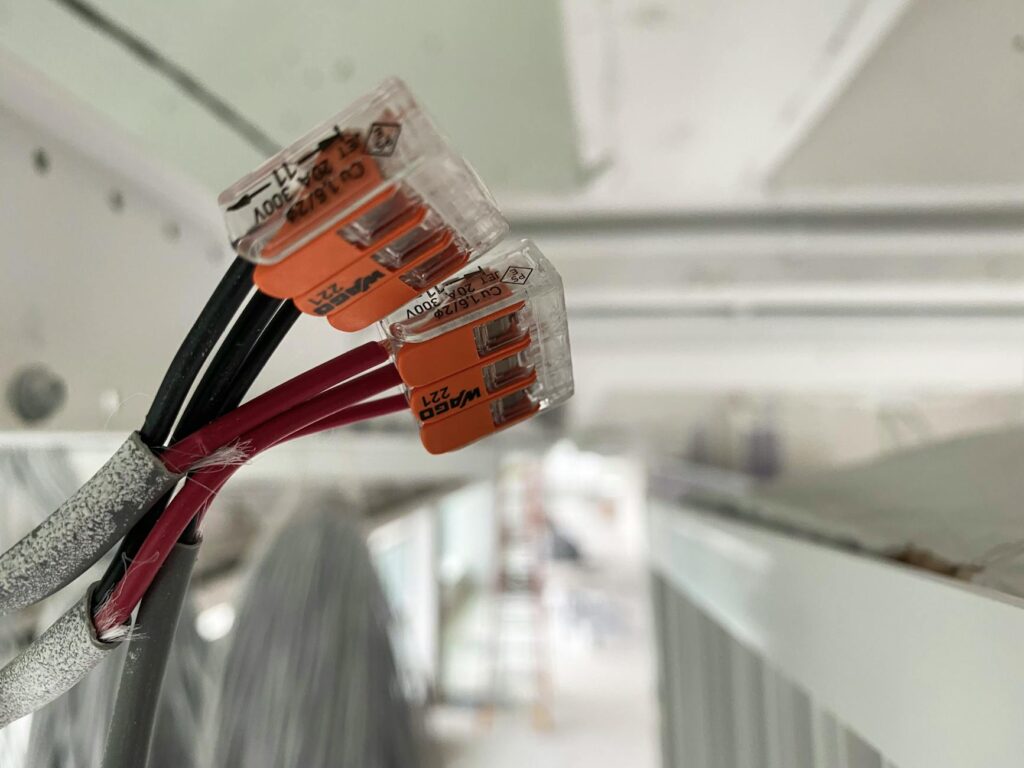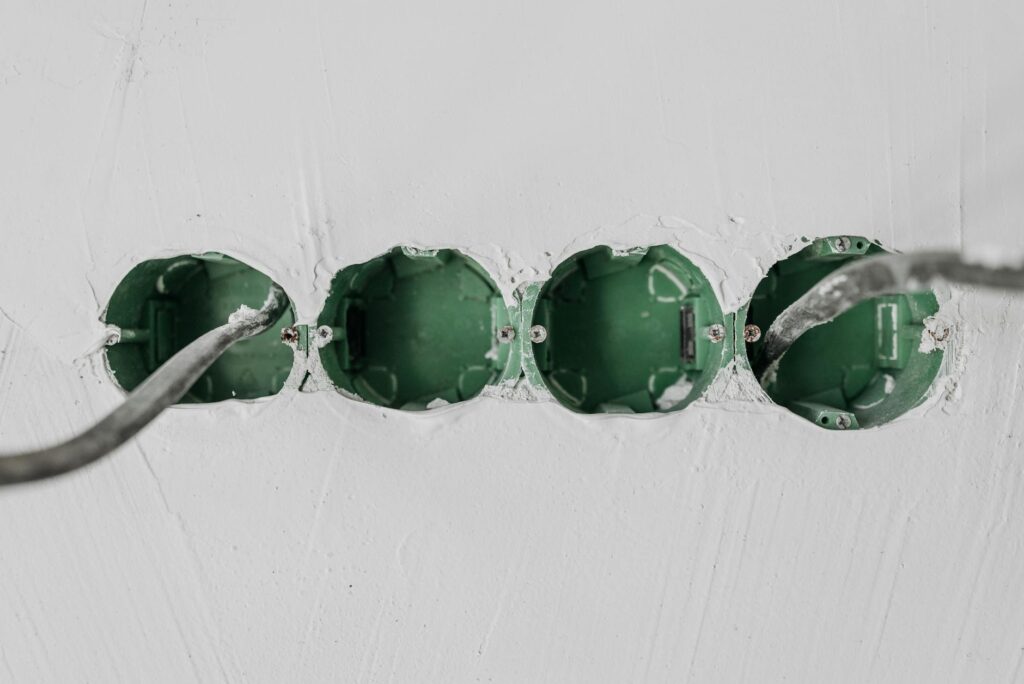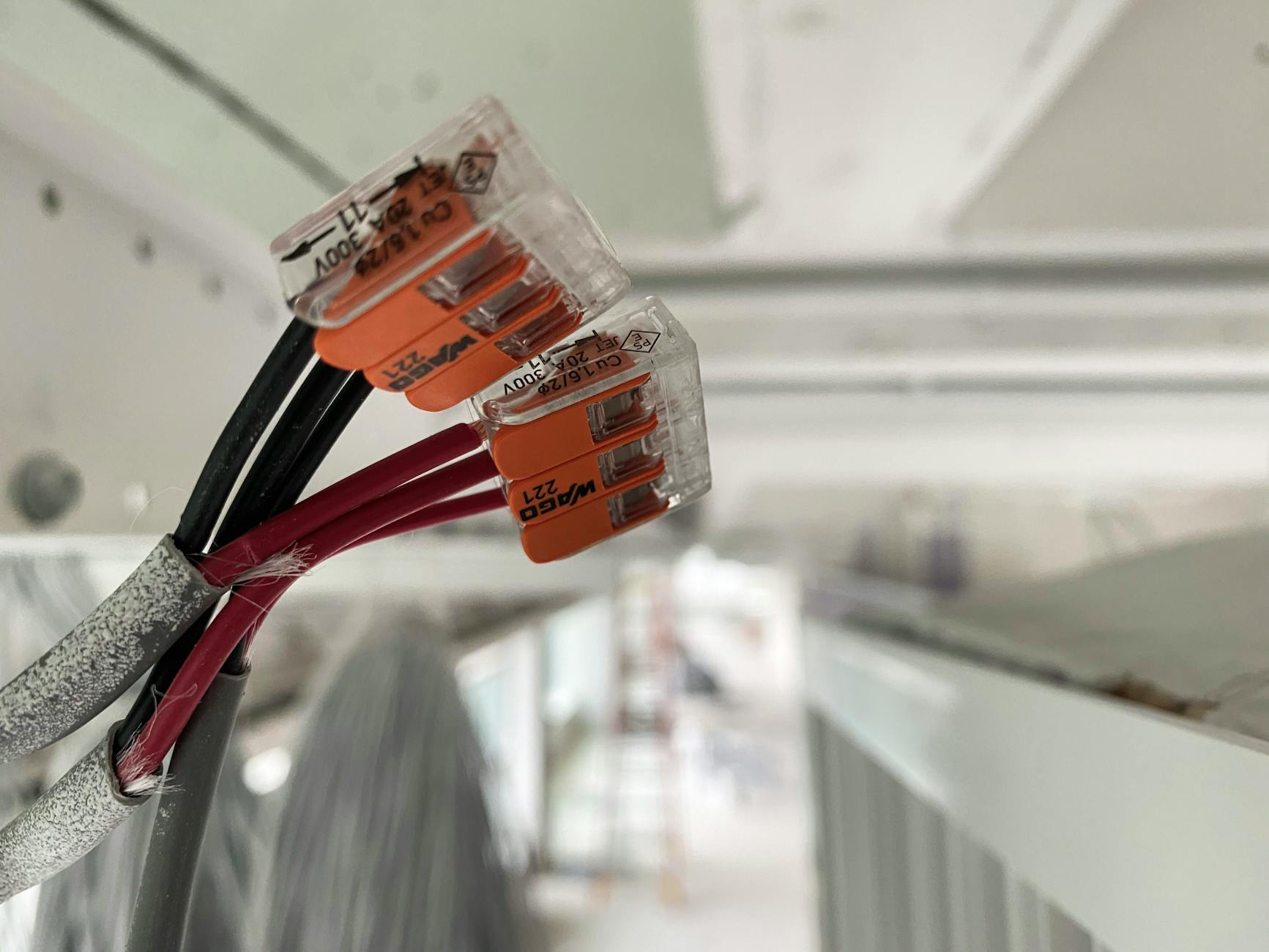Introduction
Cutting down on energy consumption is a smart way to save money and reduce your carbon footprint. Your air conditioning system is likely a major energy consumer, especially in warmer months. Before calling in expensive professionals, you can significantly improve its efficiency with a simple DIY energy audit. This guide provides a step-by-step process to help you pinpoint areas for improvement.
Inspecting Your Air Conditioner Unit
Begin by visually inspecting your outdoor AC unit. Look for any signs of damage, debris buildup (like leaves or twigs), or rust. A clean unit operates more efficiently.  Remember to always disconnect the power before performing any cleaning or maintenance. You can find more information on safe AC maintenance practices on sites like Energy.gov.
Remember to always disconnect the power before performing any cleaning or maintenance. You can find more information on safe AC maintenance practices on sites like Energy.gov.
Checking Your Air Filters
Dirty air filters restrict airflow, forcing your AC to work harder and consume more energy. Check your air filters (usually located near your indoor air handler) and replace them if they’re dirty or clogged.  Aim to replace them every 1-3 months, or more frequently if you have pets or allergies. For more details on filter selection, see our article on choosing the right AC filter.
Aim to replace them every 1-3 months, or more frequently if you have pets or allergies. For more details on filter selection, see our article on choosing the right AC filter.
Evaluating Your Thermostat
Your thermostat plays a crucial role in energy efficiency. Consider upgrading to a programmable or smart thermostat to optimize cooling schedules. These allow you to automatically adjust temperatures when you’re away or asleep, significantly reducing energy waste. Learn more about smart thermostats and their features by visiting this helpful resource. 
Assessing Your Ductwork (if accessible)
If you have access to your ductwork, check for any leaks or damage. Leaky ducts can lead to significant energy loss. Sealing leaks with duct tape or specialized sealant can greatly improve efficiency. For detailed instructions on ductwork repair, check out our comprehensive guide. Note that this step may require some DIY skills and safety precautions.
Window and Door Inspection
Proper insulation is key to maintaining a cool indoor environment. Inspect your windows and doors for any drafts or gaps. Caulk or weather stripping can significantly improve insulation and reduce the strain on your AC unit. [IMAGE_4_HERE] You can learn more about effective home sealing techniques here.
Analyzing Your Home’s Insulation
Adequate attic and wall insulation prevents heat from entering your home, reducing the load on your AC. If your home lacks sufficient insulation, consider adding more. Consult with a professional for advice on appropriate insulation levels for your region. Understanding your home’s insulation is crucial; this article can help.
Measuring Your Energy Consumption
Track your energy usage over a period of time to identify peak consumption periods. This helps you understand your AC’s energy demands and pinpoint areas for improvement. Many utility companies offer online tools to monitor energy use. [IMAGE_5_HERE]
Conclusion
By conducting a thorough DIY energy audit, you can significantly improve your air conditioner’s efficiency and save money on energy bills. Remember, even small changes can make a big difference. Regular maintenance and mindful usage will keep your AC running smoothly and efficiently for years to come.
Frequently Asked Questions
What tools do I need for a DIY energy audit? A screwdriver, flashlight, measuring tape, and a camera for taking pictures of any issues are usually sufficient.
How often should I conduct an energy audit? It’s recommended to perform a basic energy audit at least once a year, ideally before the peak cooling season.
Can I do this audit myself, or do I need professional help? Many aspects of this audit are DIY friendly. However, for complex issues like major ductwork repairs or insulation assessments, it is best to consult professionals.
What if I find significant problems during the audit? If you uncover serious issues, like major leaks or component failures, it’s best to contact a qualified HVAC technician for repairs or replacement.
How much money can I save by conducting an energy audit? The savings vary depending on the improvements made and your energy consumption habits. However, you can expect a noticeable reduction in your energy bills.





